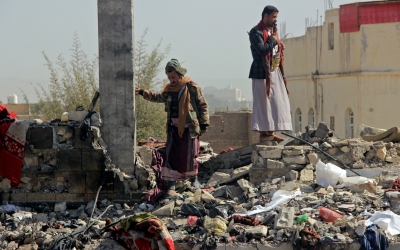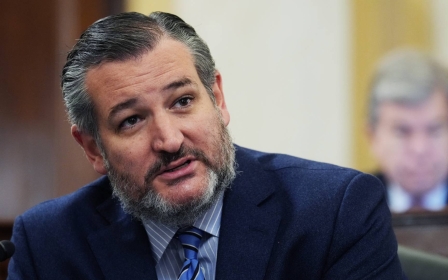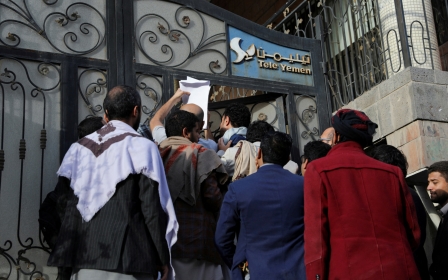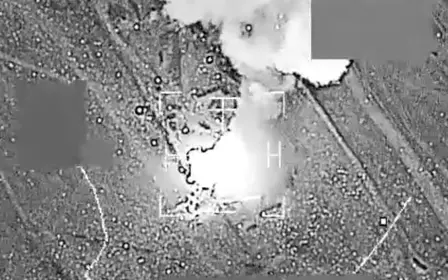Houthis threaten to attack Dubai Expo if Yemen war not halted
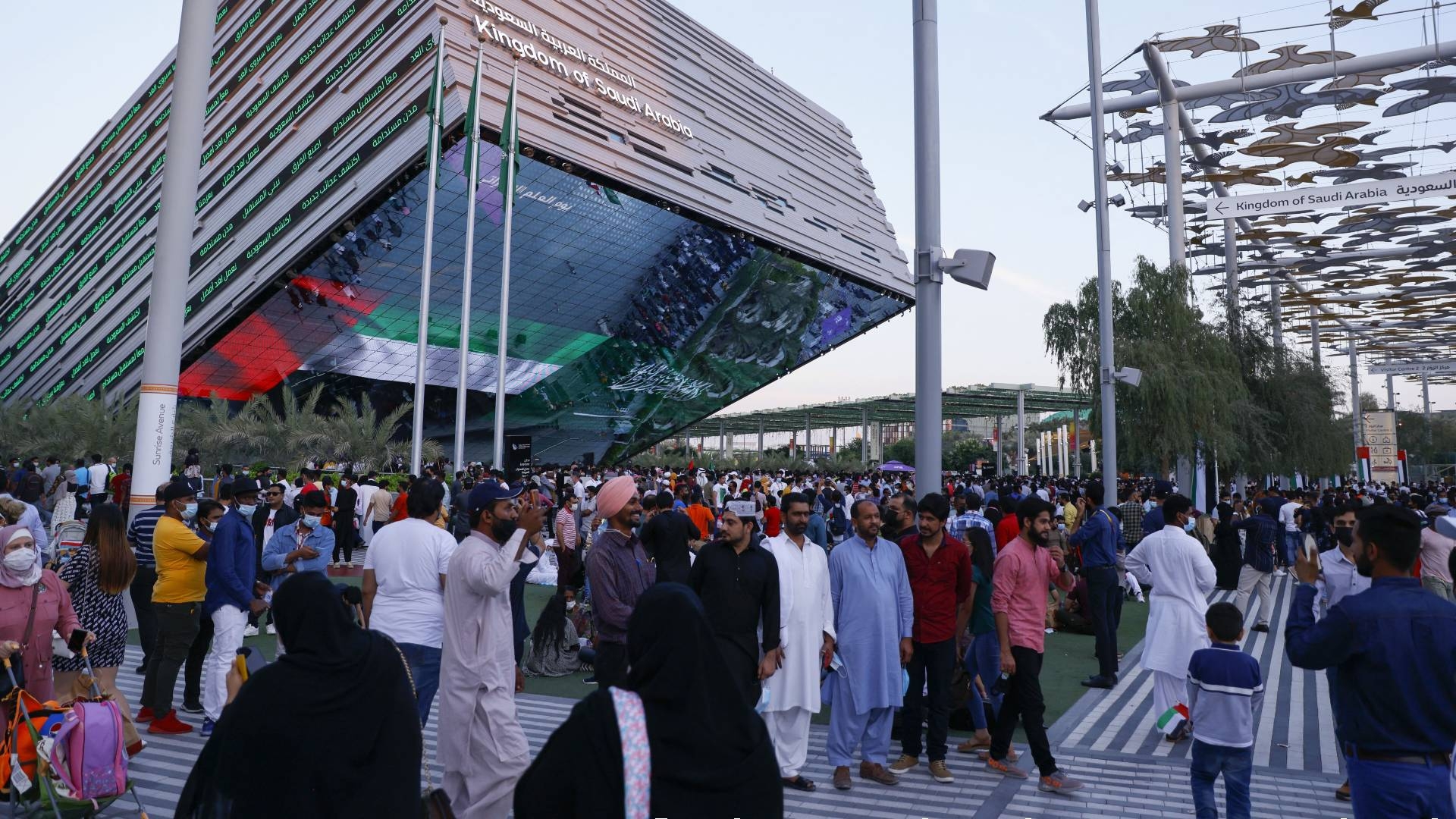
A senior Houthi leader has warned that if the war against Yemen is not halted, the rebels will attack the site of the Dubai Expo, which recently announced it had welcomed more than 10 million visitors in the four months it has been open.
In a tweet directed at the United Arab Emirates, Houthi military spokesperson Yahya Saree suggested that the Iran-aligned group was eyeing the high-profile event for a new attack.
"Expo! You may not win with us, and we advise that you change your location," he tweeted.
The undersecretary of the Houthis' information ministry, Nasr al-Din Amer, tweeted that their forces "have what is worth displaying at the Dubai exhibition", referring to the ballistic missiles that the group claims to have manufactured and used during attacks on the UAE.
The Dubai Expo has come to epitomise the oil-rich nation's position as a tourism and commercial hub. The country invested $7bn in the event and aims to draw in 25 million visitors over the course of a year, as it looks to reboot its economy after the coronavirus pandemic.
The tweets from the Houthis came as Israel's President Isaac Herzog announced he would conduct his first-ever visit to the UAE next week.
Herzog is slated to meet with the ruler of Dubai, Sheikh Mohammed bin Rashid al-Maktoum, and open Israel's national day at the Dubai Expo.
On 17 January, a suspected drone attack claimed by the Houthis targeted an oil facility in Abu Dhabi, killing three people; one Pakistani national and two Indians.
On Monday, the Houthis shot ballistic missiles at Abu Dhabi and Dubai, in an attack that also targeted the Al Dhafra air base, which hosts US military personnel in the UAE. The missiles were intercepted by US and Emirati air defence systems.
The Houthis have carried out cross-border missile and drone attacks on Saudi Arabia for years, but their attacks on the UAE risk dragging the region deeper into the mire as the Saudi-led coalition fighting the rebels ups its air campaign.
Houthis advise foreign companies to leave
Since 25 December, the Saudi-led coalition, supporting the internationally recognised government, has launched a "large-scale" attack on Yemen's capital, Sanaa, after missiles fired by the Houthis killed two people in Saudi Arabia, the first such deaths in three years.
The coalition, which includes the UAE, also hit Yemen with a series of air strikes - one of which hit a prison in Saada, killing at least 90 people - after the attack on Abu Dhabi. Another strike on al-Hodeidah killed at least three children and forced the country into a four-day internet blackout.
The UAE, which pulled most of its troops out of Yemen in 2019, still maintains support and training for pro-government forces.
A Houthi military spokesperson on Monday vowed the group was ready to "meet escalation with escalation".
"We advise foreign companies and investors in the UAE to leave as it has become unsafe," the group said.
Yemen, which has been gripped by war since 2015, has lost tens of thousands of civilians to violence, hunger and disease.
According to the UN, some 24.1 million people - around 80 percent of the population - rely on humanitarian aid and protection to survive, while 58 percent of the population lives in extreme poverty.
Middle East Eye delivers independent and unrivalled coverage and analysis of the Middle East, North Africa and beyond. To learn more about republishing this content and the associated fees, please fill out this form. More about MEE can be found here.


